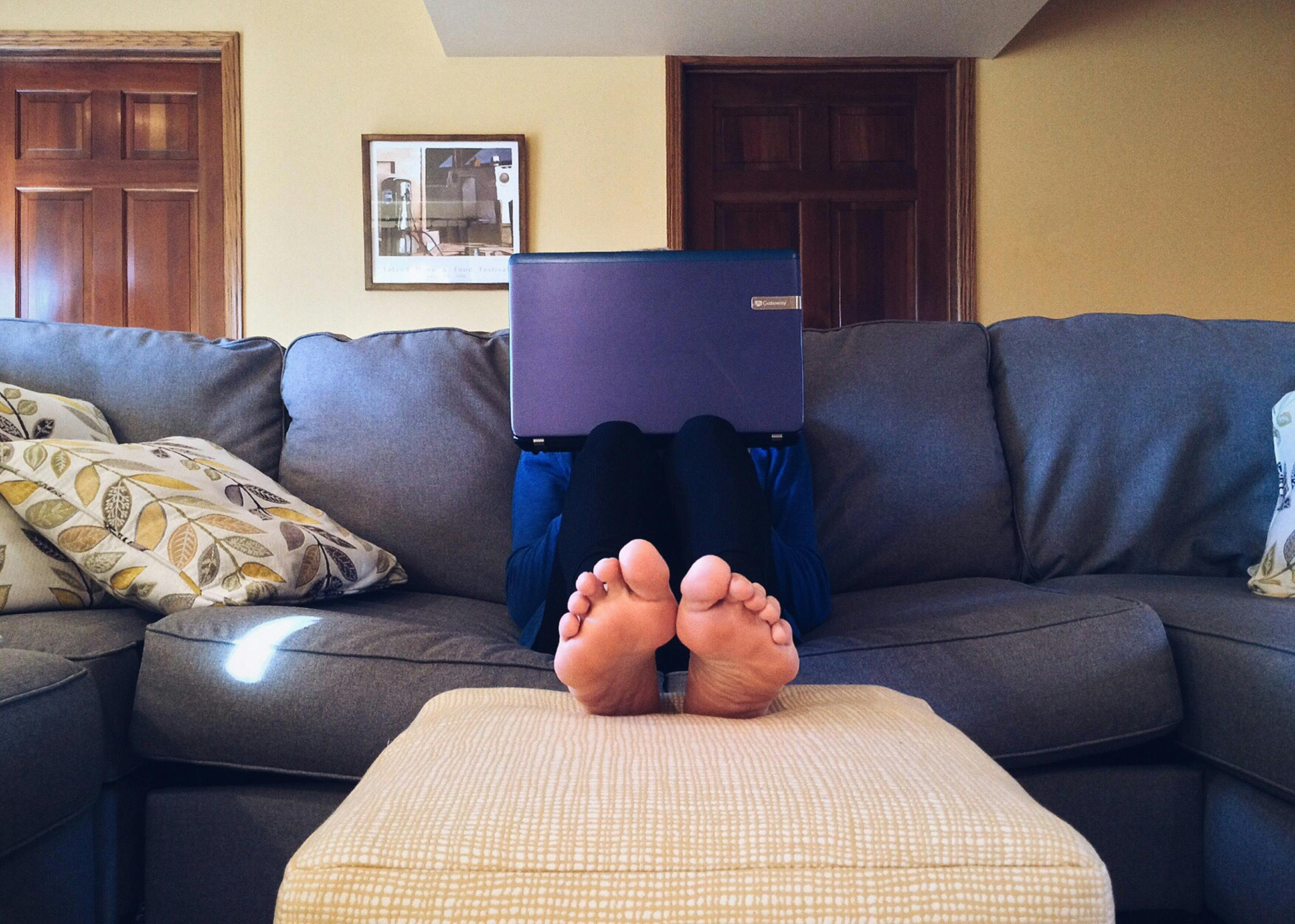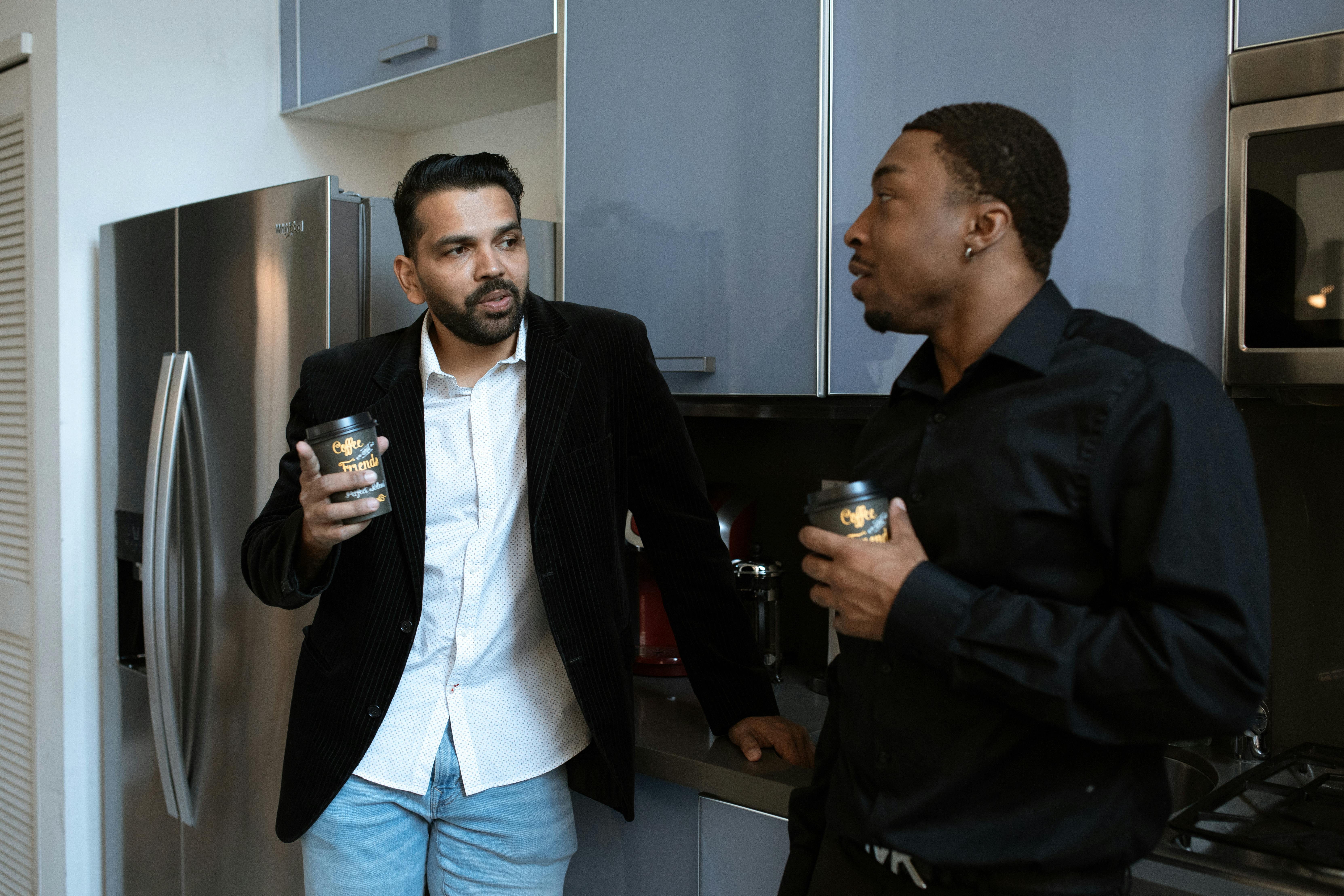
HR Expert Calls 9-to-5 Work Schedule “Archaic” Amid Push for Greater Flexibility
With remote and hybrid work reshaping modern employment, traditional office schedules are facing renewed scrutiny. Anessa Fike, founder and CEO of HR consulting firm Fike+ Co and author of The Revolution of Work, says the longstanding 9-to-5 workday is “really archaic” and no longer aligned with the realities of today’s workforce.
“We’ve seen so many changes in every other area of our lives, yet we are still doing the same thing that our parents and some of our grandparents did in the workplace,” Fike said. She argued that rigid schedules are outdated and contribute to employee stress, disengagement, and burnout.

Team meeting | Source: Pexels
Pandemic Shift and Employee Pushback
Fike pointed to the COVID-19 pandemic as a turning point that gave employees a glimpse of alternative working arrangements. Remote and hybrid models allowed many workers to better balance professional and personal responsibilities, and for some, it highlighted the inefficiencies of mandated office hours.
“I think we are collectively just super tired of being told what to do as humans,” Fike said, describing the growing resistance to strict schedules and return-to-office mandates.
She added that the standard workday does not align with school schedules, making it difficult for parents to coordinate child care. “We cannot sustain this working environment with so many people burned out and disengaged,” she said.
Why Companies Resist Change
Despite clear employee demand, many businesses have been reluctant to abandon rigid hours and location requirements. Fike believes financial and managerial concerns play a central role.
“Lots of people who own real estate want to make money. That’s why it’s a big push, 100%,” she said of return-to-office mandates. Beyond real estate interests, she described some mandates as a “control mechanism” for leaders who feel more comfortable supervising employees in person.

Two co-workers talking | Source: Pexels
“I think managers and leaders get lazy,” she said. “They can get creative with a lot of these things; they just don’t want to. You hear ‘it’s hard’ a lot, or ‘that wouldn’t work for us.’ What that means to me is ‘I just don’t feel like figuring it out.’”
Fike warned that inflexibility is a major factor driving employees to leave jobs altogether, often in favor of freelance or contract work. “They’re really just fed up with someone telling them where and when they can work, and where and when they can have lunch,” she said. “We’re adults. Do we really want to be told this?”
Flexibility as the Future of Work
Fike emphasized that successful workplaces are built on communication and adaptability. She recommended that employers ask workers directly about their needs rather than assuming a one-size-fits-all approach.
Preferences often differ by generation and personal working style. “Many Gen Z employees prioritize coming into the office so that they can learn from their peers,” she said. “On the other hand, there are plenty of workers who never want to go to an office again – and that’s OK, too.”
She argued that productivity is not confined to the traditional workday. “There’s so many different ways that our brains work, and yet we want to pigeonhole every single human being that’s nuanced and complicated into the exact same way of working — and then we wonder why it doesn’t work,” she said.

Person working from home | Source: Pexels
Fike added that she did not identify her most productive working hours until after leaving a corporate role. “If we could actually help people discover those things in their early 20s, as opposed to their late 30s or early 40s, which is where most people actually discover that, imagine what we could do in productivity in that time,” she said.
One model she highlighted as effective is the use of “core hours,” where employees are largely free to set their own schedules but are asked to be available during a designated timeframe each day. “I always encourage businesses to just talk to people, set up various ways of working, and try things in the workplace,” she said.
Fike concluded that companies willing to experiment with flexible arrangements are more likely to foster productivity and retain top talent as workplace expectations continue to evolve.
